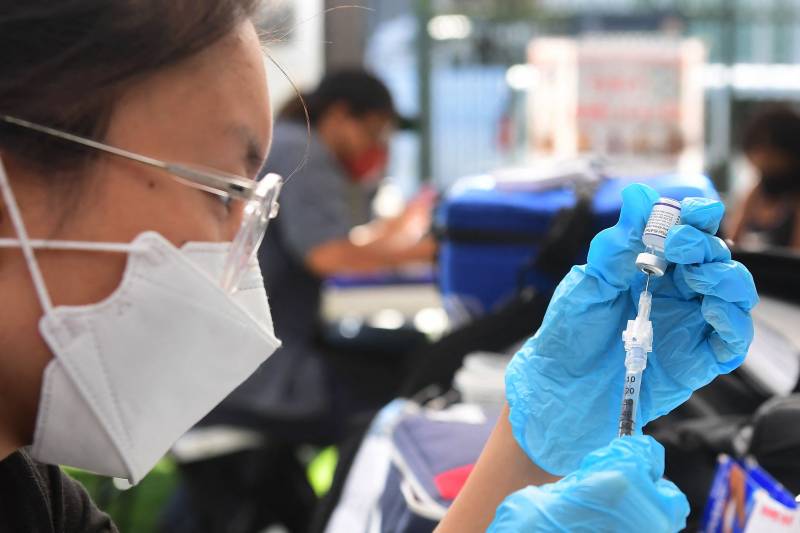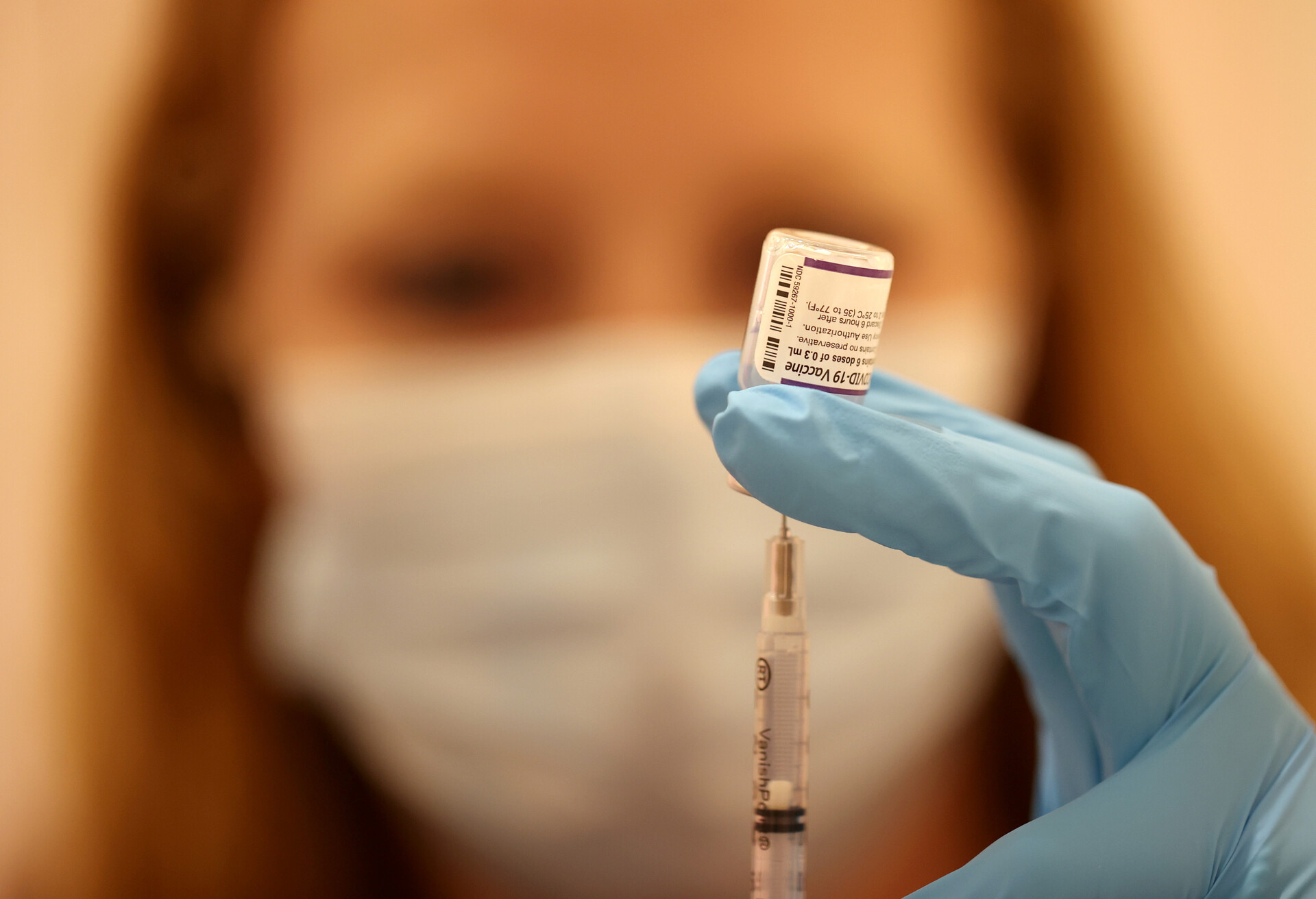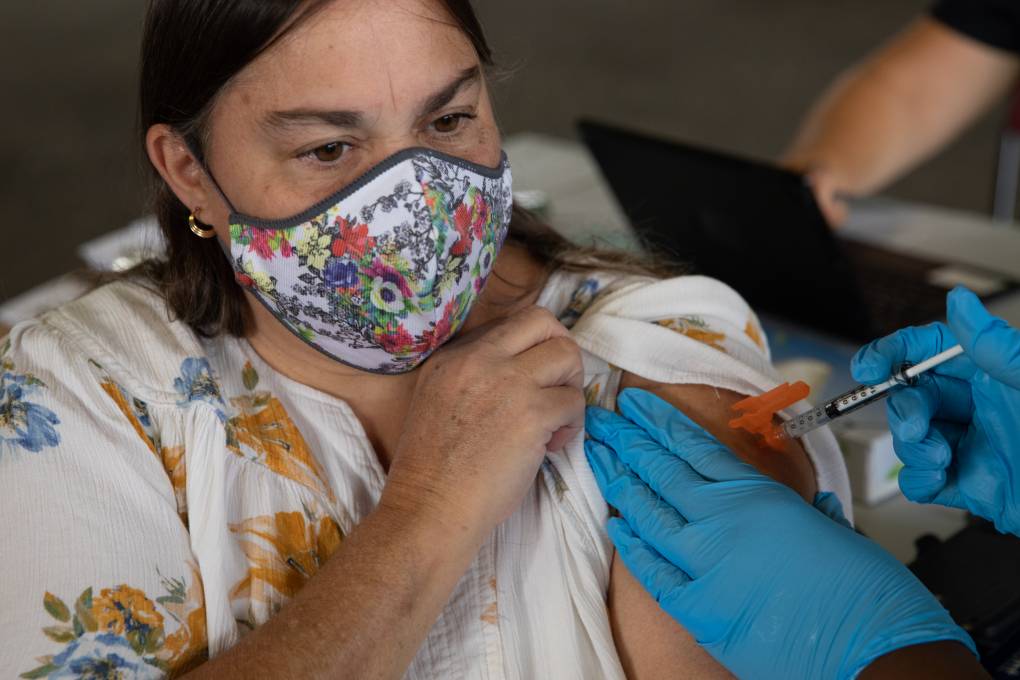We know that some of the people who have been infected with omicron have been vaccinated, so it does appear to have the ability to cause breakthrough infections, but so does delta. What we know from looking at delta and from our experience with other variants is that the vaccines we have work well against a number of variants, even though they weren’t originally designed to work against those variants.
So, for instance, the vaccines by and large were designed against an original coronavirus lineage that didn’t have all the mutations yet [and] still may confer excellent protection against severe disease and death.
We still don’t know exactly to what degree omicron might evade our immune response, vaccine-induced or otherwise. But I think most people suspect that vaccines, in particular vaccines plus boosters, will give an important degree of protection and probably protect against severe disease.
How concerned should we be about the new variant here in the Bay Area?
It’s important to be aware. It’s important to be moderately concerned, but also important to recognize that we are fortunate in the bay to live among people who by and large have done a very good job at getting vaccinated. Throughout the Bay Area, 75% to 85% of people are vaccinated. Let’s say if it is more transmissible than delta, it will give us that extra degree of protection.
But globally, in terms of how concerned we should be, the whole world is a bit on edge because there are still so many unknowns. I think that this really emphasizes the fact that nobody is truly safe from COVID-19 until everybody is safe and vaccinated. When we have regions in the world where very few people have had access to vaccines, that really increases the risk of everyone for being exposed to a new variant that might develop and spread more rapidly than would otherwise happen in a highly vaccinated population.
Looking ahead, what are the big questions and thoughts on your mind about omicron and just the next few weeks of this pandemic?
I think there are three three main questions. No. 1, is omicron more transmissible, and will it outcompete delta and cause another surge? To what degree will it evade our immune responses, vaccine-induced or natural? And to what degree might it evade some of the monoclonal antibody therapies that are currently being used? And then, No. 3, will it cause more severe disease?



